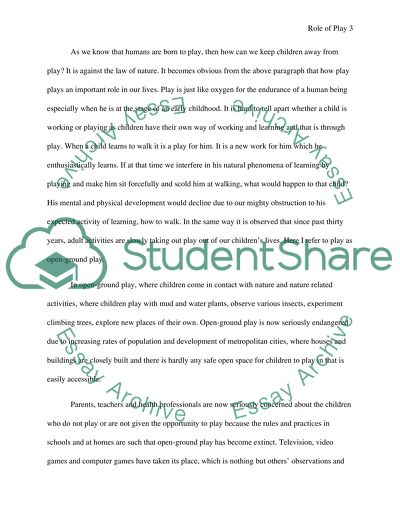Cite this document
(“The Role of Play in Early Childhood Research Paper”, n.d.)
Retrieved from https://studentshare.org/psychology/1444776-adolescent-moral-behavior
Retrieved from https://studentshare.org/psychology/1444776-adolescent-moral-behavior
(The Role of Play in Early Childhood Research Paper)
https://studentshare.org/psychology/1444776-adolescent-moral-behavior.
https://studentshare.org/psychology/1444776-adolescent-moral-behavior.
“The Role of Play in Early Childhood Research Paper”, n.d. https://studentshare.org/psychology/1444776-adolescent-moral-behavior.


